Are You Looking For a Physiotherapist In Forster, New South Wales?
Why Book at Forster Tuncurry Physiotherapy & Allied Health?
Expert Care. Proven Results. Convenient Location.
When it comes to your health, you deserve the best and that’s exactly what we deliver.
At Forster Tuncurry Physiotherapy & Allied Health, we combine clinical expertise with genuine care to provide results-driven physiotherapy that puts you first.
Our experienced team doesn’t just treat symptoms, we pride ourselves on our pain to performance approach to client care where we take the time to understand the root cause of your pain and create a personalised plan to help you move better, feel stronger and get back to what you love. Our model is remove your pain, restore your movement and regain your performance.
Because it's not just about living longer—it's about living well. Prioritising your health span means staying active and independent for as many years as possible.
Make your health a priority and book an appointment with one of our expert physios and take the first step towards better health.
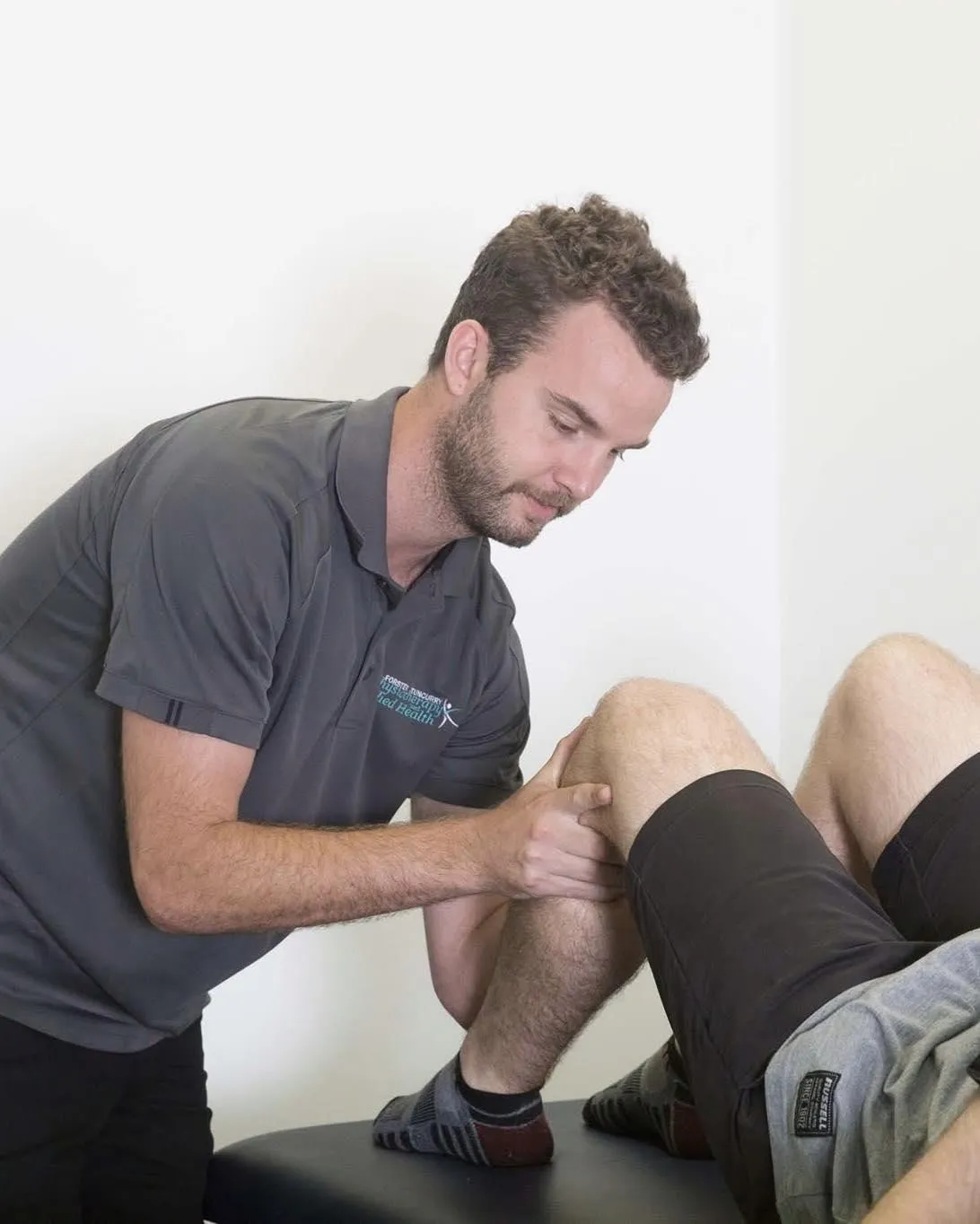
Forster Tuncurry Physiotherapy and Allied Health was established in 1983 and has consistently provided a high standard of Physiotherapy care to the communities of Forster and Tuncurry.

What Sets Us Apart?
With over 40 years of clinical experience and more than 130,000 clients successfully treated, our team brings a depth of knowledge that few clinics can match. We've seen almost every type of injury and condition—and we know what works.
We take the time to truly understand what matters to you — your goals, your challenges and your lifestyle. Every treatment plan is tailored to support your individual journey, so whether you're aiming to recover, improve mobility or perform at your best, we're here to help you "Be Your Best" every step of the way.
Our modern, purpose-built clinics are equipped with the latest technology and equipment to support your recovery and performance. From assessment to treatment, every detail is designed to ensure you receive care in a comfortable and professional environment.
Located conveniently in the heart of Forster with free parking nearby and close to public transport it easy and accessible for locals and visitors alike.
How Can We Help?
At Forster Tuncurry Physiotherapy & Allied Health we treat a wide range of conditions from everyday aches to complex injuries. Whether you're dealing with a recent injury or something that’s been nagging you for a while, our experienced physiotherapists can help you understand the cause and work towards lasting relief.
We commonly help clients with:
Back pain – from stiffness and postural strain to disc injuries and sciatica
Neck pain & headaches – including tension, whiplash and desk-related strain
Shoulder pain – such as rotator cuff issues, bursitis and frozen shoulder
Knee pain – from ligament injuries and arthritis to patellofemoral pain
Hip & pelvic pain – affecting movement, stability or sleep
Ankle & foot problems – including sprains, Achilles issues and plantar fasciitis
Post-surgical recovery – regain strength and mobility after orthopaedic surgery
Sports injuries – from sprains and strains to overuse injuries
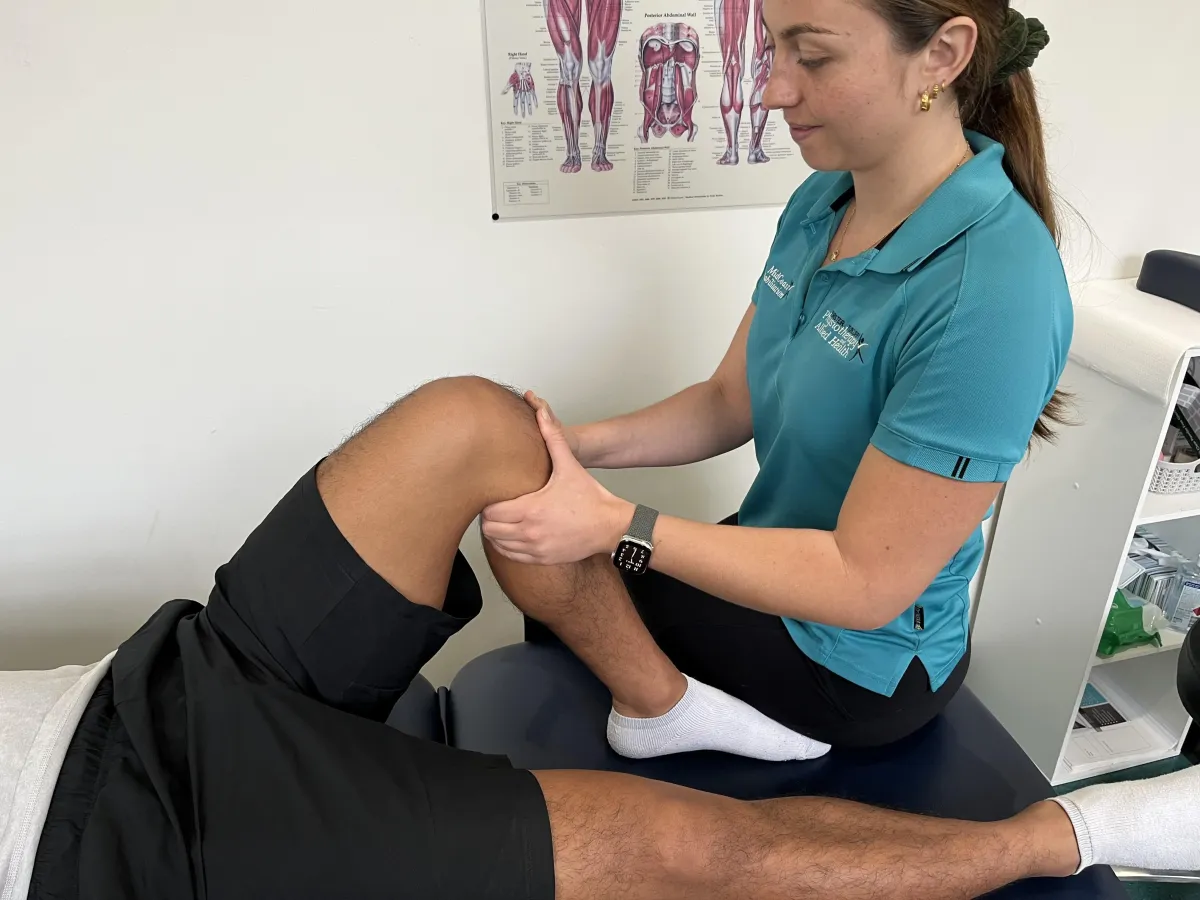
Confused about your pain and not sure what to do?
Get clear, professional advice in our free downloadable information packs
Back Pain
Understand why back pain happens and how to help it
Shoulder Pain
Understand why shoulder pain happens and how to help it
Knee Pain
Understand why knee pain happens and how to help it
MidCoast Rehabilitation
Redefining rehabilitation
At MidCoast Rehabilitation, we have years of experience in rehabilitation and physiotherapy, we’ve seen firsthand how much better recovery can be when it's backed by expert guidance, the right equipment and ongoing support.
That is why our purpose built gym is designed to meet the needs of people who require a safe and supportive environment to begin their recovery journey after surgery or injury. Your Forster Tuncurry Physiotherapy & Allied Health Physiotherapist can lead you through from initial injury to full recovery at our MidCoast Rehabilitation Clinic.
Our goal is to help you return to the activities you love, reduce pain and help you to be confident and stronger than before.
Unlike regular gyms, you’ll always have access to qualified clinical exercise professionals who guide you through safe, effective and personalised rehab programs.
99 MacIntosh Street, Forster NSW 2428 (entry via back of building)
Monday - Friday, 8.00 am - 5:00 pm
02 6554 7670
Contact us today to speak with our friendly team and find out how we can help you feel your best
We’re proud to be connected with trusted professional affiliations and community partners


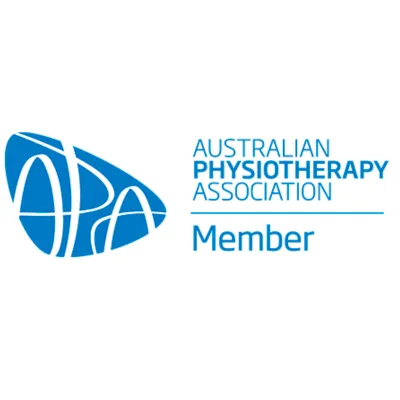




Forster Tuncurry Physiotherapy & Allied Health is powered by Vitala Health, a group of Allied Health Practices across New Zealand and Australia.
Vitala Health provides clinical solutions that supports clients health and lifestyle needs through best practice treatment, premium facilities, education and ongoing commitment to customer service. Learn more about Vitala Health
Latest Tips and Advice
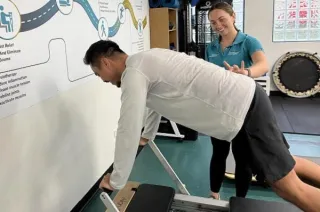
How Physiotherapy Can Help You Live Better in Forster | Forster Tuncurry Physiotherapy & Allied Health
Relieve pain, move better and feel stronger with expert physiotherapy in Forster NSW. Book today! ...more
Physiotherapy
August 07, 2025•2 min read
If you have any questions before scheduling an appointment or for general enquiries, please contact us. Our team will be happy to assist you.
Opening Hours
Mon: 8:00am - 5:00pm
Tue: 8:00am - 5:00pm
Wed: 8:00am - 5:00pm
Thu: 8:00am - 5:00pm
Fri: 8:00am - 5:00pm
Sat: Closed
Sun: Closed
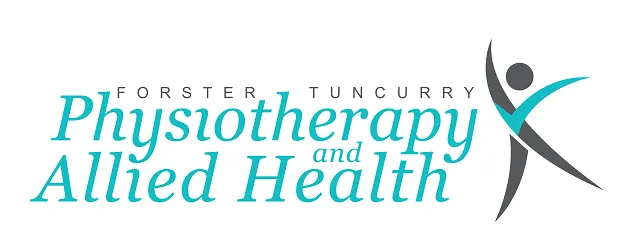

Follow Us
The Clinic
Common conditions
Forster Tuncurry Physiotherapy & Allied Health
© Copyright 2026 Vitala Health. All Rights Reserved.
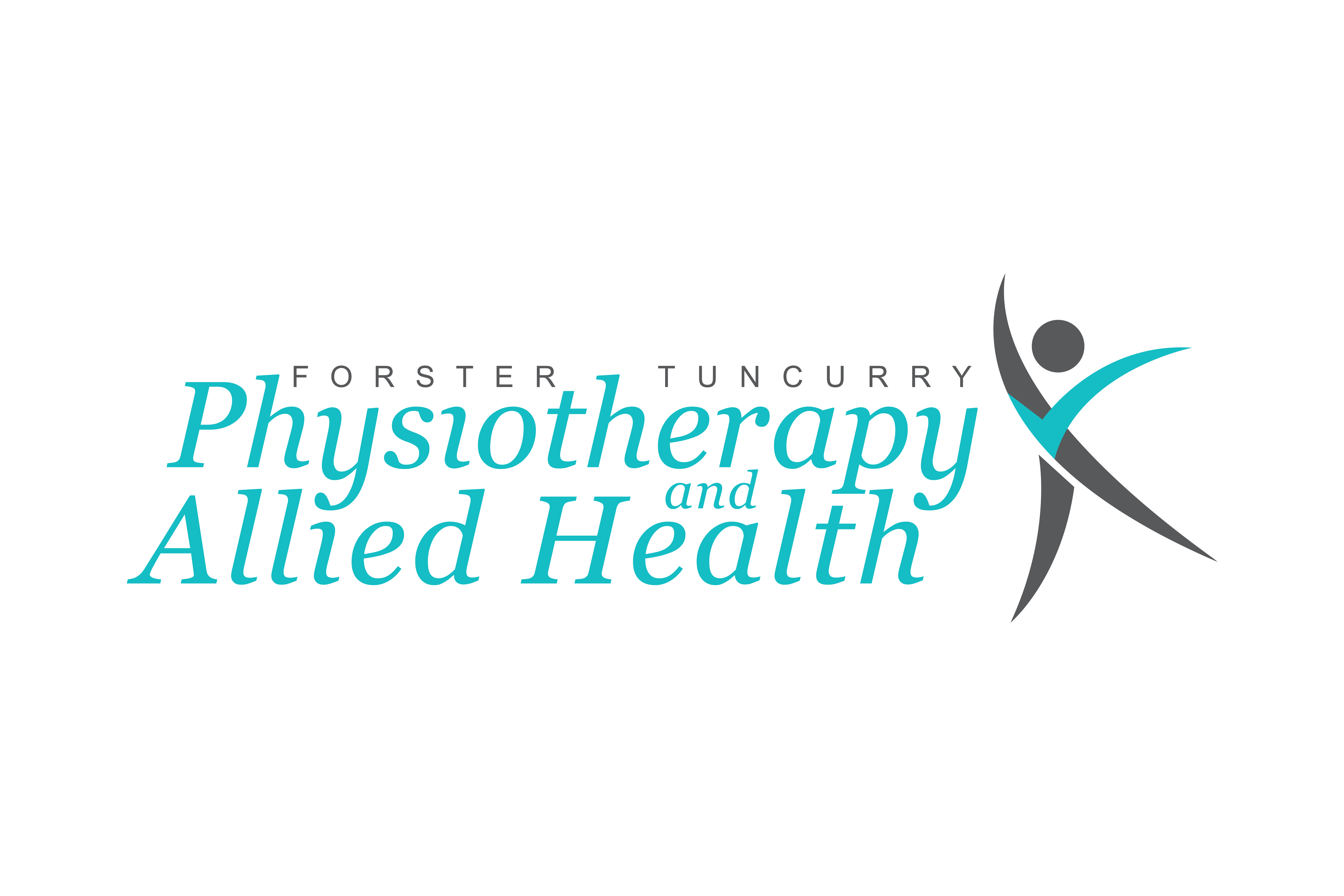
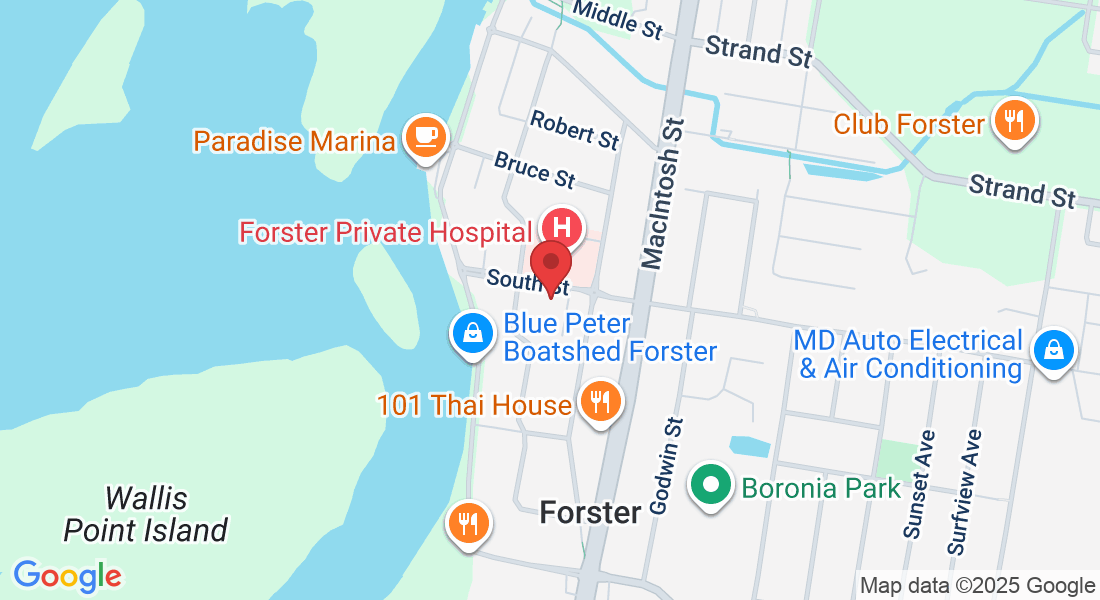
Facebook
Instagram